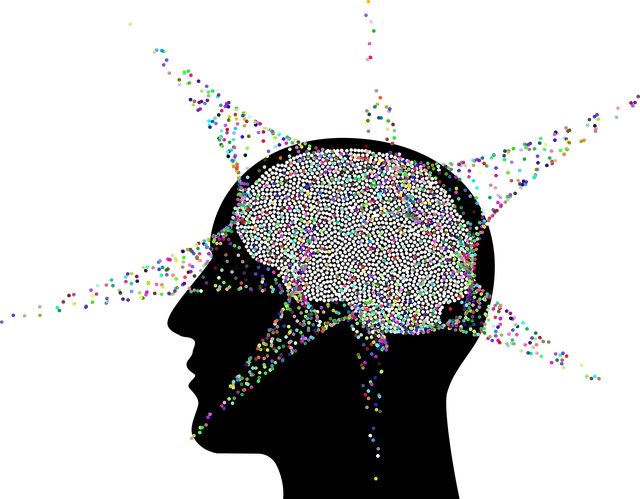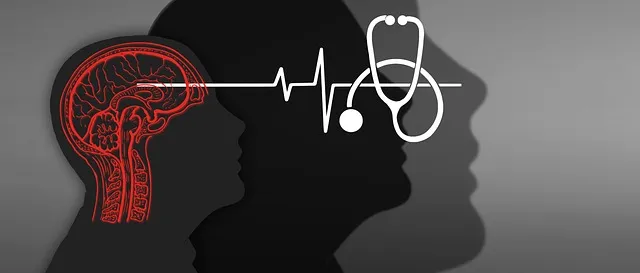Kaiser Permanente in Parker has introduced the Resource Fulfillment Model (RFM) for enhanced mental well-being, focusing on resource availability and utilization. This model offers structured interventions like skill-building exercises and self-care practices to prevent burnout and stress management. By integrating programs like Mental Wellness Coaching and Compassion Cultivation Practices, RFM empowers individuals with emotional regulation skills and resilience, fostering a supportive environment for coping with life's challenges within Kaiser Permanente mental health services in Parker.
Resilience is a powerful tool in navigating life’s challenges, especially for individuals dealing with mental health issues. This article explores the effectiveness of RFM (Resilience, Flexibility, and Mastery) exercises in enhancing mental well-being, drawing insights from Kaiser Permanente’s innovative programs. We delve into how these strategies have been successfully integrated at Parker, showcasing their potential impact on communities. By understanding RFM and its practical applications, individuals like those at Kaiser Permanente and Parker can build resilience to overcome obstacles and foster overall health.
- Understanding RFM and Its Impact on Mental Health
- Kaiser Permanente's Approach to Resilience Building Exercises
- Implementing RFM: Strategies for Effective Program Integration at Parker
Understanding RFM and Its Impact on Mental Health

The Resource Fulfillment Model (RFM) is a powerful tool that focuses on enhancing individuals’ mental health and overall well-being. Developed by Kaiser Permanente, an organization renowned for its commitment to mental health services in Parker and beyond, RFM aims to address the intricate interplay between work, resources, and mental resilience. By understanding the impact of resource availability and utilization, this model offers a structured approach to building resilience and mitigating stress.
RFM highlights the importance of identifying and fulfilling individual needs to prevent burnout and promote anxiety relief. It provides a framework for organizations and individuals alike to navigate crisis intervention guidance effectively. Through targeted interventions, such as skill-building exercises and self-care practices, RFM empowers people to enhance their mental health strategies. This proactive approach not only benefits employees but also fosters a supportive environment, ensuring better stress management and overall resilience in the face of life’s challenges.
Kaiser Permanente's Approach to Resilience Building Exercises

Kaiser Permanente, a renowned healthcare organization based in Parker, has recognized the significance of mental health and wellness among its members. They have adopted an innovative approach to resilience building through structured exercises designed to empower individuals with coping mechanisms for stress and mood management. This strategy goes beyond traditional therapy by offering accessible tools tailored to daily life challenges.
The program incorporates various communication strategies, ensuring that participants develop a deeper understanding of their emotions and those around them. By fostering open dialogue, Kaiser Permanente aims to create a supportive environment where individuals can learn effective ways to navigate life’s stressors. Through these exercises, members gain practical skills for stress reduction, emotional regulation, and overall mental resilience.
Implementing RFM: Strategies for Effective Program Integration at Parker

Implementing RFM—Resilience, Flexibility, and Mindfulness—at Kaiser Permanente mental health Parker involves strategic integration of proven programs like Mental Wellness Coaching and Compassion Cultivation Practices. These initiatives focus on enhancing emotional regulation skills, fostering adaptability in challenging situations, and cultivating a resilient mindset among participants. By seamlessly incorporating these practices into existing healthcare services, Kaiser Permanente aims to empower individuals to better navigate life’s stressors and promote overall mental wellness.
At Parker, the implementation strategy involves a phased approach, beginning with staff training on RFM principles and techniques. This is followed by pilot programs within specific patient groups to gather feedback and refine the interventions. Once optimized, these exercises are fully integrated into the Kaiser Permanente mental health services, ensuring accessibility and continuity of care. The ultimate goal is to create a supportive environment that encourages emotional resilience, enabling individuals to lead more fulfilling lives despite adversity.
The implementation of Resilient Factor Model (RFM) and resilience-building exercises in schools, such as the successful program at Parker, demonstrates the power of proactive mental health initiatives. By integrating these strategies, institutions like Kaiser Permanente can foster a culture of resilience among young minds in Parker and beyond, ultimately enhancing the well-being of students in the community. This approach not only equips individuals with coping mechanisms but also contributes to a healthier and more adaptable society.






